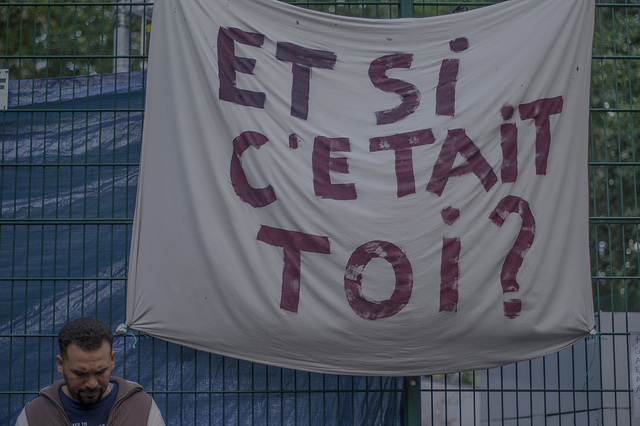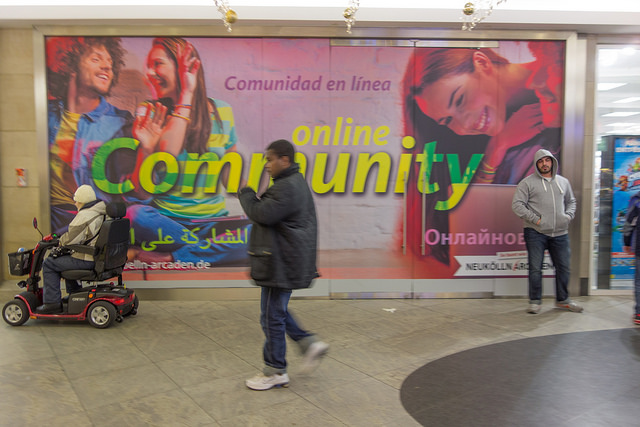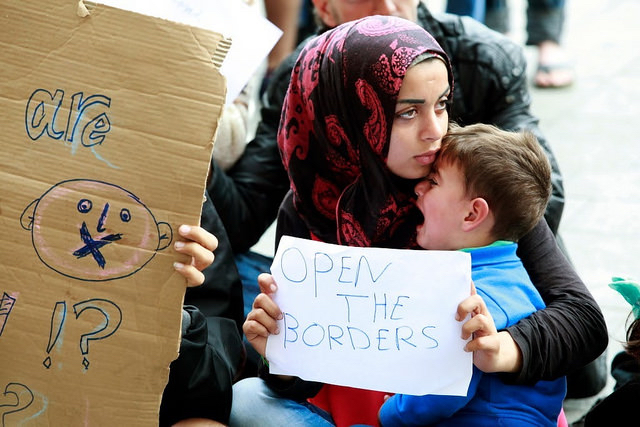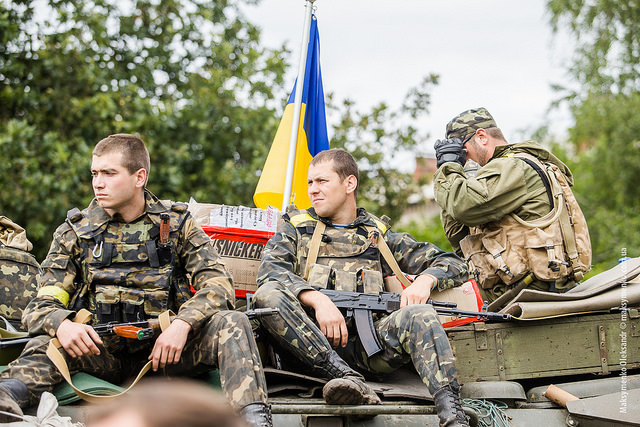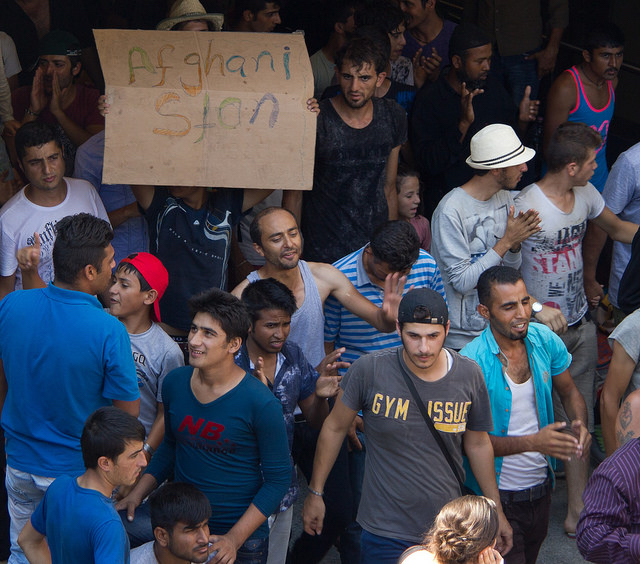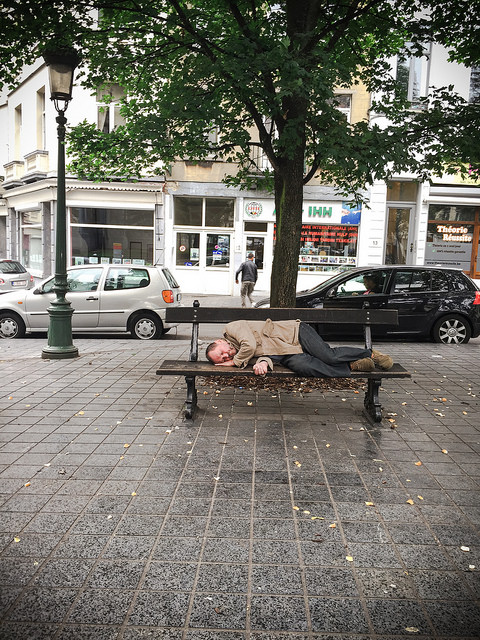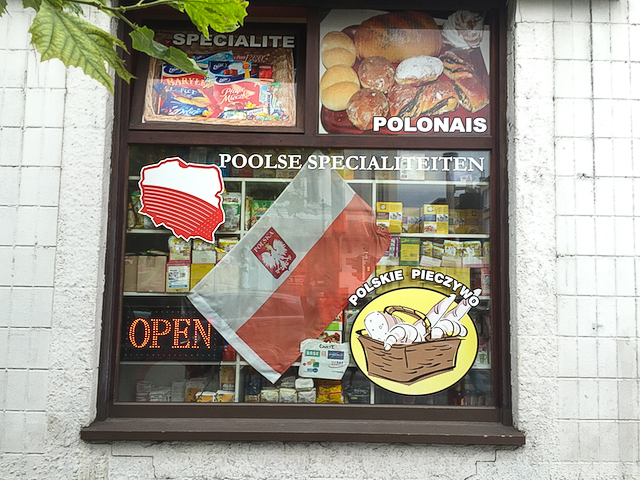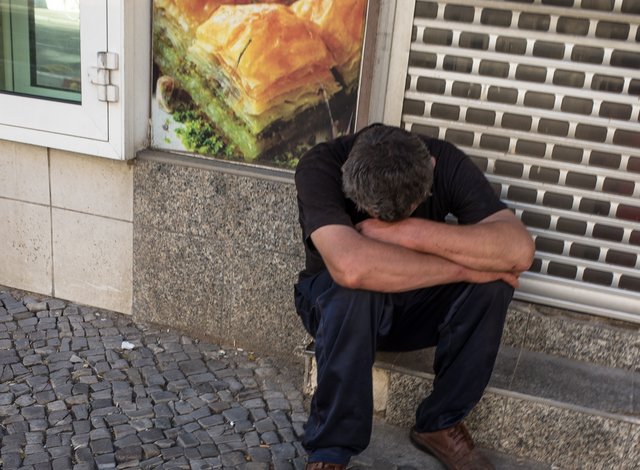Politics has taken a strange turn lately. Both abroad and here at home in Britain. One could be forgiven for thinking that the world is about to be flipped up onto its head. (More…)
Europe
The signal achievements of postwar Western Europe were undoubtedly impressive: robust welfare states, acceptance and even celebration of previously persecuted minorities, a commitment to peace-first foreign policy, and, above all, the European Community and then Union. But they were also the product of an illusion. Because of depopulation and the delayed effects of decolonization, the continent seemed far more spacious than it does now. (More…)
When you think of Sweden, France or Germany, what do you picture? More importantly, whom do you picture? For all of the attention that has been paid to the problems caused by immigration in the postwar era, particularly since the collapse of the Eastern Bloc, many people still regard them as temporary, the result of a state of emergency at odds with the continent’s essence. (More…)
In May, the European Commission first proposed a quota system for distributing refugees in the EU. Despite the difficulty the executive has had in obtaining approval for it, countries hit hardest by the crisis, such as Italy, Greece and Malta enthusiastically support the plan, as do EU heavyweights France Germany. Ideally, their buy-in would make the difference. (More…)
So Jeremy Corbyn is now the leader of the Labour Party. Tom Watson stands by his side as deputy leader. The results for the Labour mayoral candidate came out yesterday, where standard-bearer Sadiq Khan ran on a ‘soft left’ platform and defeated Tessa Jowell. These events fit with a reorientation in Labour politics. It came from the grass-roots upwards. (More…)
Beginning in April 2013, armed bands of locals in the Luhansk and Donetsk oblasts declared their independence from the Ukrainian state. This followed a similar uprising in Crimea that was directly supported by elements of the Russian security services and ultimately led to the annexation of the Crimea to the Russian Federation. (More…)
It was raining on Saturday in Budapest. The end of summer is a constant source of anxiety for refugees and their supporters, and so it seems serendipitous that, just in time for the rain, the improvised refugee camp in front of Keleti train station in Budapest has been resolved. (More…)
Sleeping out in the open may not feel as transgressive as having sex there, but it still leaves those who witness it uneasy. Privacy isn’t simply something we want for ourselves, but also for those around us. Although we know, intellectually, that everyone must satisfy the same biological needs, we would rather not be reminded of that fact too often. (More…)
Last year, when the Rotherham child abuse scandal broke the narrative was ready-made. The perpetrators were Asian men, the victims were white girls: it’s multiculturalism, stupid! The proponents of diversity and tolerance were painted as rape apologists. It was a particularly powerful case. (More…)
In the three groups which form the bulk of our immigrant population, the Slav is now the strongest and the most interesting factor, and is destined to be for some time to come. In spite of his being from the least densely populated regions, he is numerically the greatest and will long maintain his supremacy. (More…)
Last year, the major twist in the child sexual abuse scandal came in the form of mainstream political ties to a pro-paedophile organisation. It had been decades since the Paedophile Information Exchange (PIE) was first in the news. Now Harriet Harman was singled out for blame by the Daily Mail. It was typical of the Mail to link PIE to the Labour Party. (More…)
When most people think of history, they still focus on the material they were forced to learn in school. Until a few decades ago, that meant memorizing the dates of major events and the personages deemed responsible for them. More recently, curricula have expanded to include broader social and cultural trends. But there are still subjects rarely considered to be properly “historical.” Food, for example. (More…)

